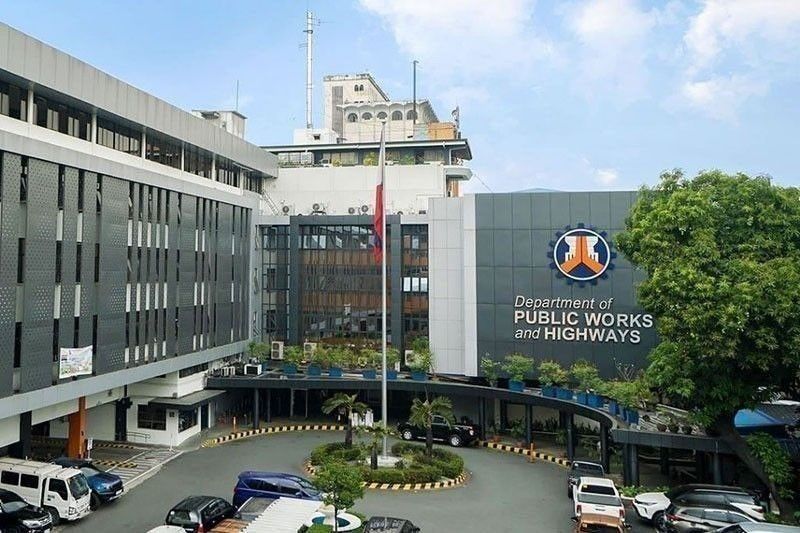MANILA, Philippines — The Department of Public Works and Highways (DPWH) announced that it is set to file both criminal and administrative charges against 22 government officials and private contractors allegedly involved in anomalous flood-control projects across the country.
DPWH Secretary Vince Dizon said the move is part of the agency’s ongoing efforts to weed out corruption and ensure accountability in the use of public funds, particularly those intended for disaster-prevention and climate-resilience infrastructure.
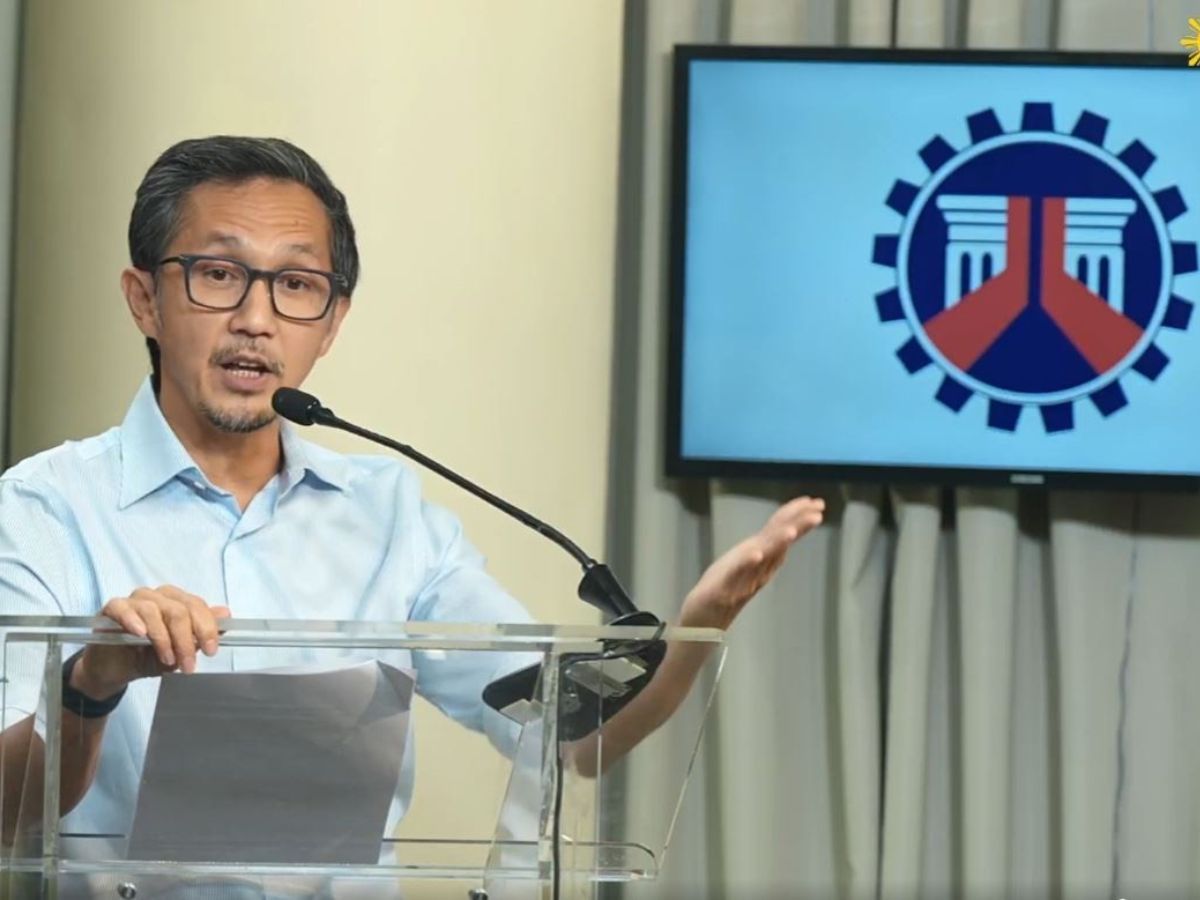
“These projects are meant to protect lives and communities from flooding, and we will not tolerate any misuse of funds or substandard work,” Bonoan said.
Irregularities Uncovered
The charges stem from findings of internal and external investigations that uncovered irregularities in the implementation of several flood-control projects, including alleged ghost works, overpricing, and the use of poor-quality materials. Some projects were reportedly marked as completed despite incomplete or defective construction, while others were awarded under questionable bidding processes.
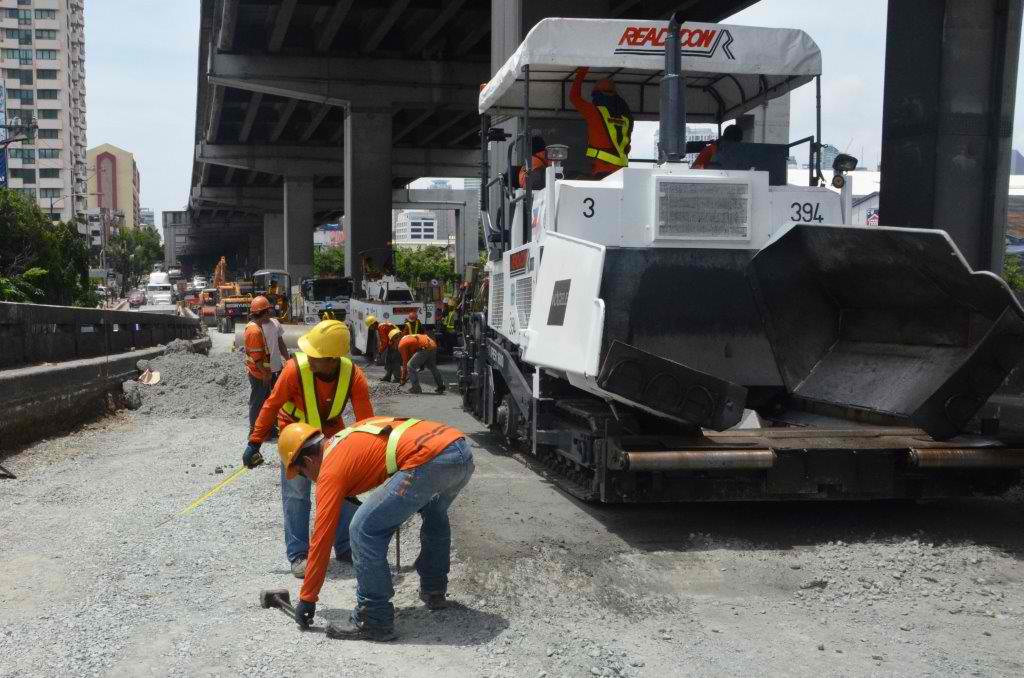
The Department’s Internal Audit Service, along with field engineers, conducted site inspections and financial reviews that revealed significant discrepancies between reported progress and actual accomplishments on the ground.
As a result, the DPWH decided to file cases with the Office of the Ombudsman, accusing the involved officials and contractors of graft, malversation of public funds, falsification of documents, and violation of procurement laws.
Billions in Assets Frozen
In connection with the probe, the Anti-Money Laundering Council (AMLC) confirmed that it has frozen ₱5.2 billion worth of assets linked to individuals and companies under investigation. These include bank accounts, real estate properties, and luxury vehicles suspected to have been purchased using illicitly obtained funds from government contracts.
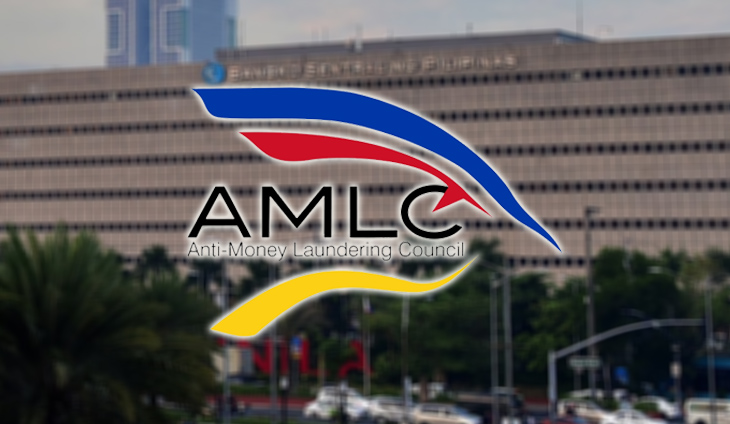
The AMLC’s action followed coordination with the DPWH and the Department of Justice (DOJ) to prevent the dissipation of assets while the cases are being evaluated for prosecution.
Strengthening Accountability in Infrastructure
The DPWH emphasized that the move is part of the Marcos administration’s push to strengthen transparency and integrity in infrastructure development, especially under the Build Better More program. With increasing cases of extreme weather and widespread flooding, the department underscored the importance of ensuring that public funds allocated for flood-mitigation projects truly serve their purpose.
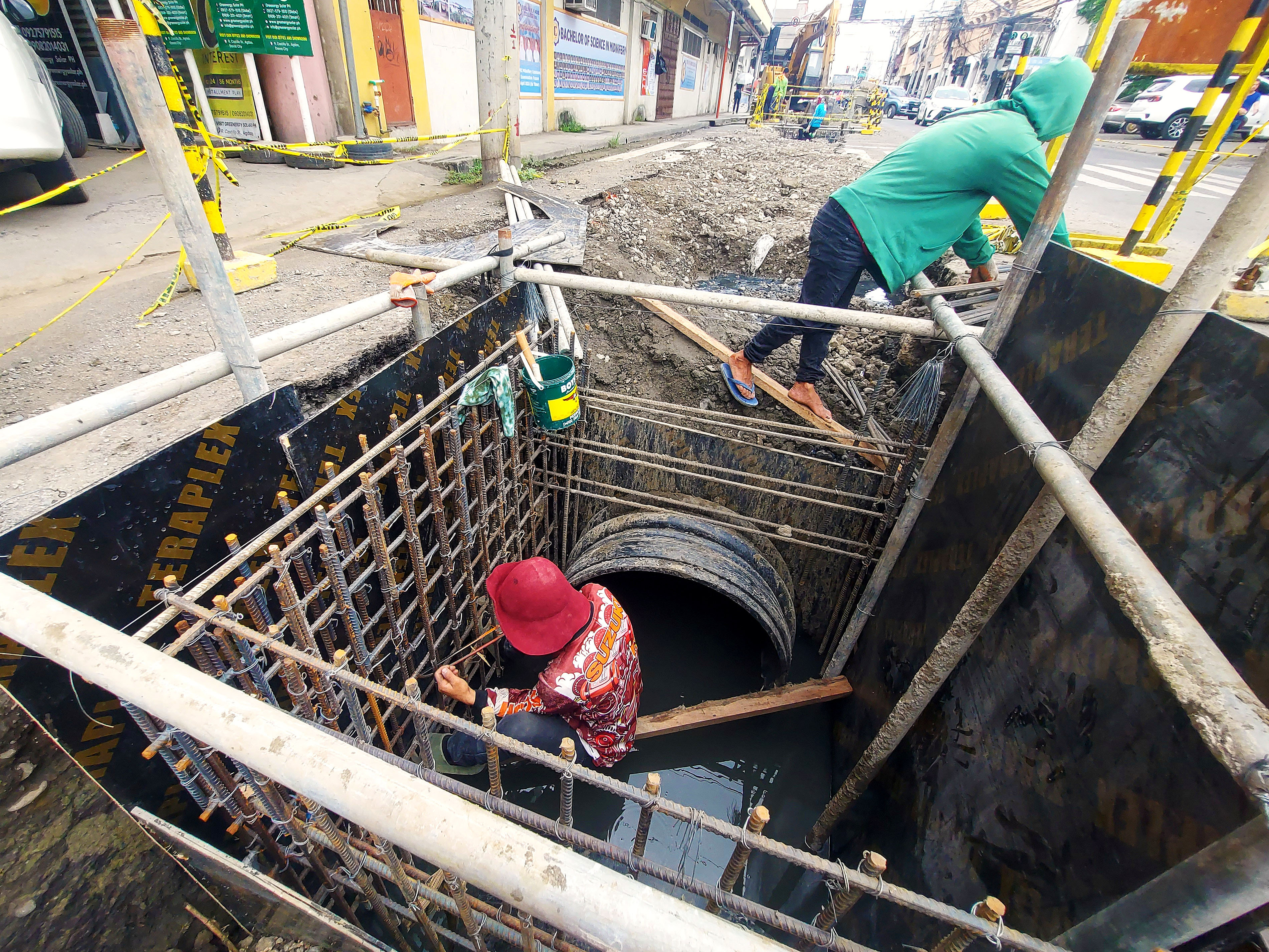
“This is about restoring public trust,” a DPWH spokesperson said. “Every peso spent on infrastructure should translate into safer roads, stronger bridges, and flood-free communities. When corruption seeps into the system, it is the people who suffer.”
Nationwide Scope
While the department has not released the full list of names involved, initial reports suggest that the irregularities span multiple regions, including parts of Luzon and Mindanao. The DPWH’s legal team and investigators are preparing the final documentation to support the filing of charges, which could lead to preventive suspension and eventual dismissal of government personnel found guilty.
Broader Impact
The controversy has reignited public discussions on accountability in the country’s infrastructure sector. Experts note that corruption in flood-control projects has long been a challenge in government procurement, leading to ineffective flood prevention systems and wasted taxpayer money.
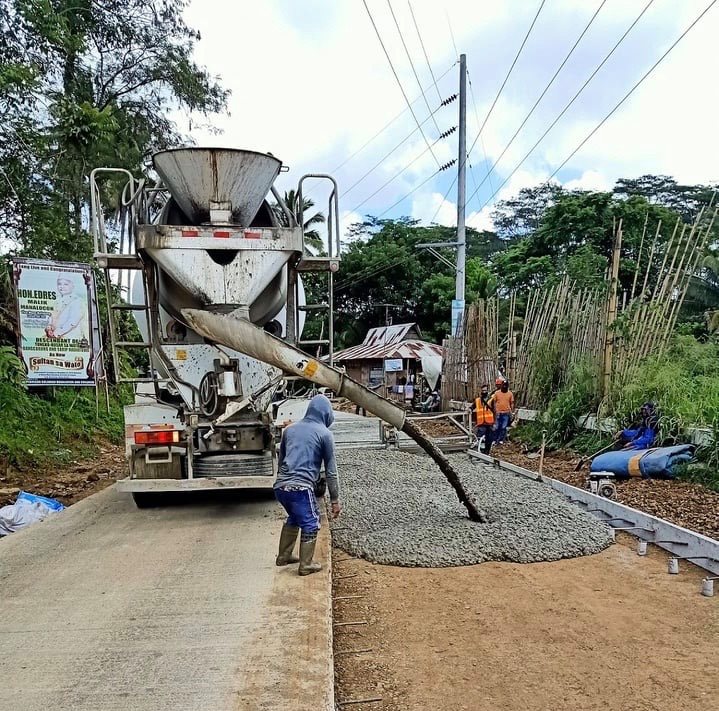
Civil society groups welcomed the DPWH’s decision to pursue legal action, urging the agency to make the investigation process transparent and to publicly name those involved once the cases are filed.
For now, the DPWH’s filing of charges marks a significant step in its anti-corruption campaign — a strong signal that misuse of funds, especially those meant for public safety, will not go unpunished.
